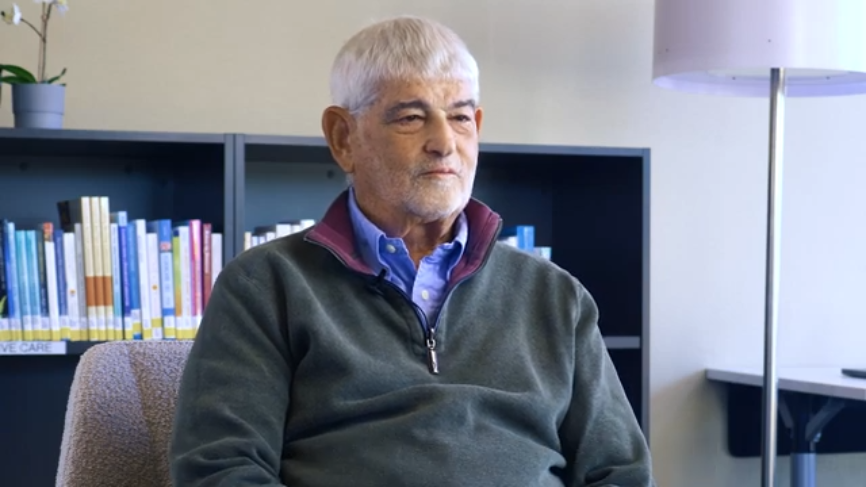
If you or a loved one is living with a serious illness like cancer or Parkinson’s disease, you may have thought about trying a vitamin, herbal remedy, acupuncture, or other complementary therapy to support your care. This is called integrative medicine, which is when a complementary therapy is used alongside conventional medical treatments to help manage symptoms, improve quality of life, or feel more in control.

 When you’re living with a serious illness, it can feel like everything is happening at once—new symptoms, medications, side effects, tons of doctor appointments, paperwork, and big questions about what comes next. You might have received different advice from multiple doctors. Or maybe you’re not sure who to call if something goes wrong.
When you’re living with a serious illness, it can feel like everything is happening at once—new symptoms, medications, side effects, tons of doctor appointments, paperwork, and big questions about what comes next. You might have received different advice from multiple doctors. Or maybe you’re not sure who to call if something goes wrong.



 If you or a loved one are living with cervical cancer, palliative care can help. From helping to relieve physical symptoms, working through difficult emotions, coordinating care, and supporting you through decision-making, palliative care offers all of this and more.
If you or a loved one are living with cervical cancer, palliative care can help. From helping to relieve physical symptoms, working through difficult emotions, coordinating care, and supporting you through decision-making, palliative care offers all of this and more.